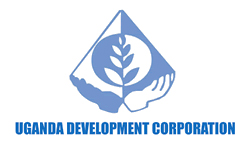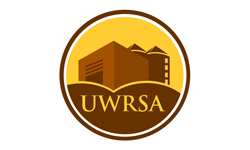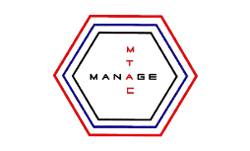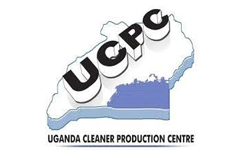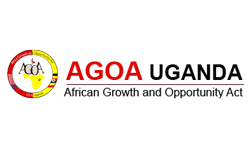Launch of Rice Millers Council of Uganda
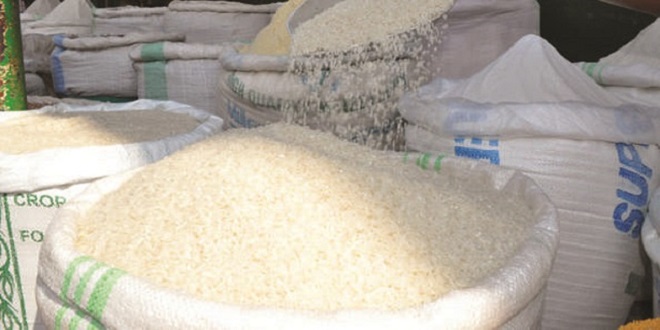
The Ministry of Trade, Industry and Cooperatives is pleased and proud to launch the Rice Millers Council of Uganda (RMCU). The council is a private sector-led organization that encompasses the large and small scale millers, the large scale rice growers as well as the representatives of smallholder rice farmers across the country.
The council was officially registered on 15 December 2015 and its key objectives are to:
1.Conduct policy advocacy and interface with the Government, Development partners and all other Stakeholders on pertinent issues related to the development of the rice sector in Uganda ü Provide a forum and representation to all those persons who are engaged in the business of rice growing, milling, marketing, etc
2. Promote and protect the rice trade, commerce and processing industry and to consider and resolve matters, issues, problems and questions connected with the trade, commerce and value addition faced by the rice sector ü promote the growing of rice and in particular assist the smallholder farmers to increase rice production and productivity, etc
The Council will also liaise with other institutions in Uganda such as: the Grain Council of Uganda, Private Sector Foundation, Uganda Manufacturers Association, Uganda National Farmers Federation, etc with a view to share and adopt common policy positions aimed at accelerating further development of rice in particular and Agriculture in general.
As we are all aware, the Government of Uganda recognized rice as one of the strategic crops because with its high returns and its ability to reduce poverty among the smallholder farmers. In addition Government has developed a National Rice Development Strategy covering the period from 2008-2018. The overriding goal of the strategy is to achieve rice self-sufficiency in Uganda by 2018 with a production target of 680,000 MT of un-milled rice from the 177,000 MT in 2008.
The establishment of the Rice Millers Council of Uganda therefore is to complement this process, give more impetuous to the growth of the sector and ensure that this goal is achieved.
In 2004 the EAC adopted the Common External Tariff (CET) as a policy to boost the rice production and to protect the small farmers. This policy has proven to be successful. For the case of Uganda, the CET led to a 230% increase in area and the 360% increase in production over a ten year period (2004-2014). This success is indicative of a positive trend ably nurtured and supported by appropriate policies within Uganda and the East African Community
The Rice Millers Council of Uganda fully supports this policy and any attempt to dilute it is a recipe to disadvantage the smallholder farmers who produce over 80% of the rice grown in Uganda.
The establishment of a Rice Council in Uganda is in tandem with efforts undertaken by other rice growing countries in the region and in Africa at large to create similar institutions to foster the growth of the rice sector in their respective countries. These includes AfricaRice, the Eastern Africa Grain Council (EAGC), the Rice Council of Tanzania (RCT), the Ghana Rice Inter-Professional Body (GRIB), Nigeria Rice Policy Advocacy Platform (NiRPAP) and).
Uganda is now therefore in a better position to interface and benefit from the extensive experiences of these countries on aspects pertaining to rice development at large.
The establishment of the Rice Millers Council of Uganda is a significant milestone in the history of the country as it is an acknowledgment of the importance of the rice sector in Uganda. It also comes at a time when Uganda is re-aligning its development agenda to gain a middle income status.

